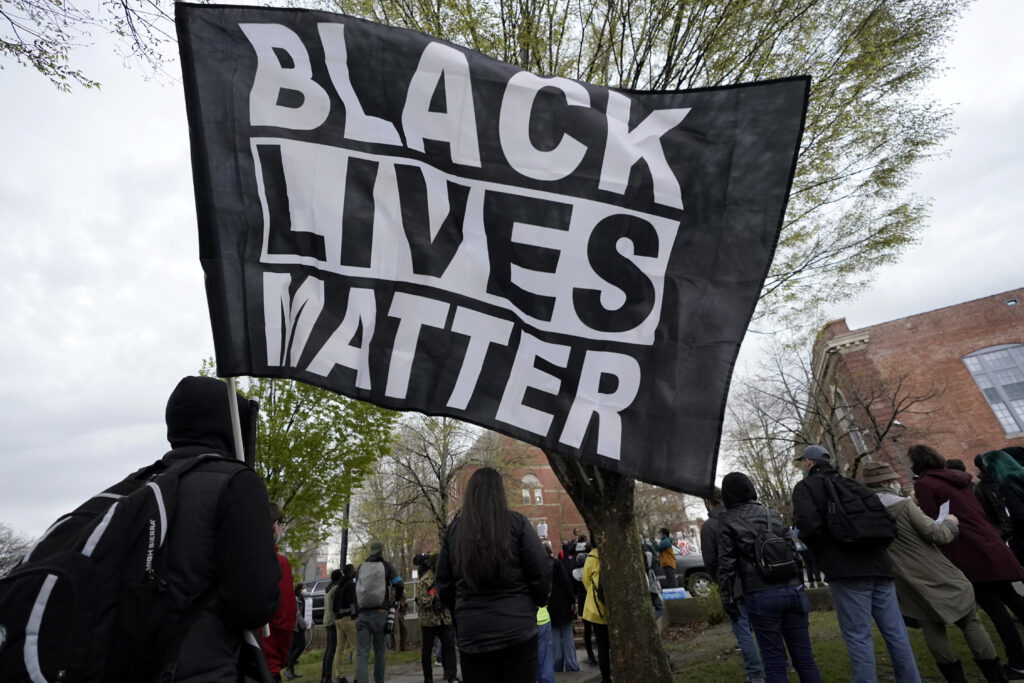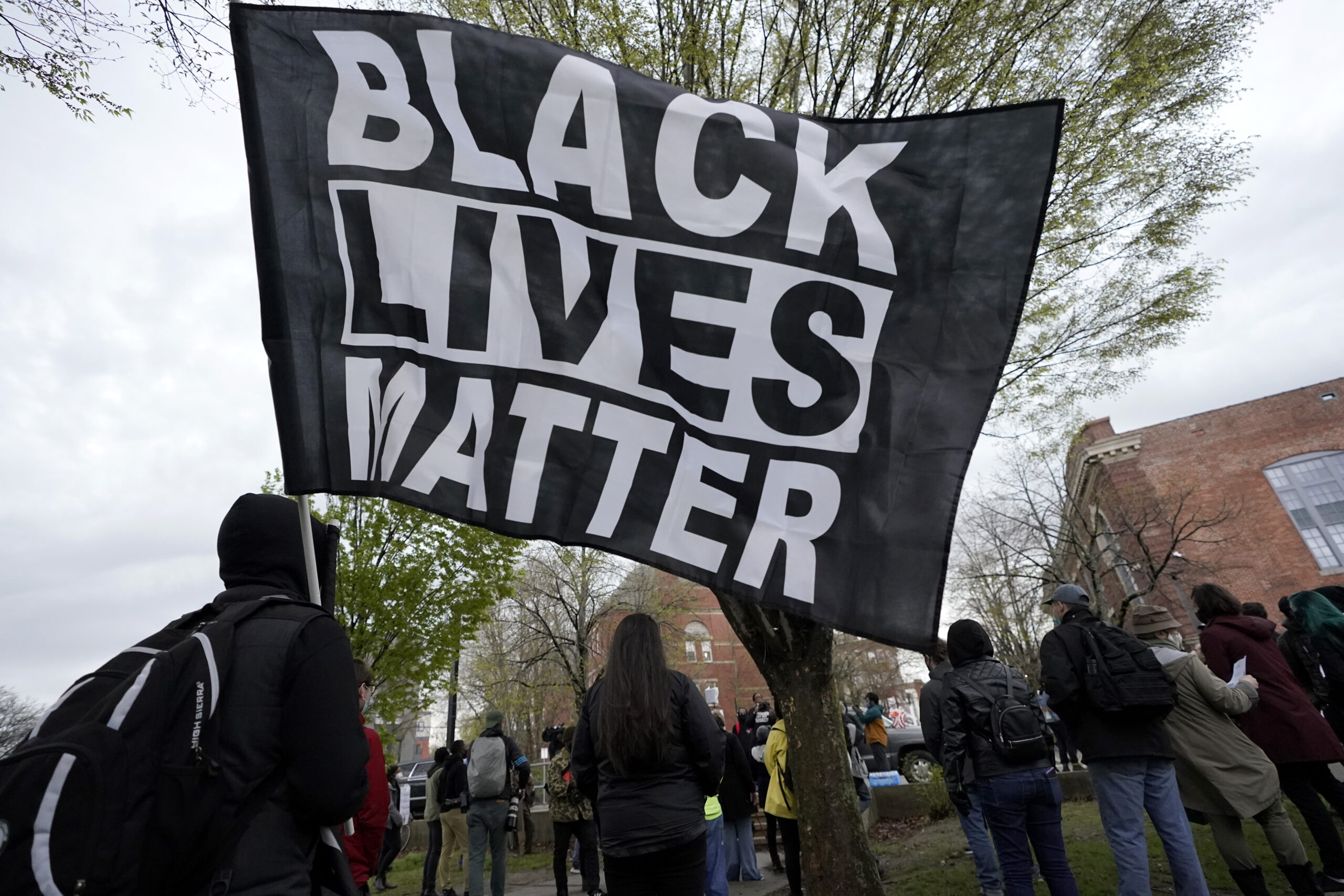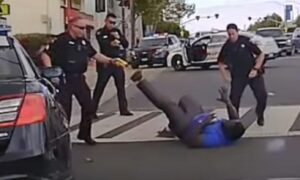Ten years after the hashtag #BlackLivesMatter emerged onto the American landscape, Americans don’t think race relations in this country have improved, based on a study released Wednesday by the Pew Research Center.
The study also appears to show that the country may have backtracked after all the racial promise that came out of the May 25, 2020, murder of George Floyd, a Black man who died after a Minneapolis police officer held a knee to his neck for many minutes.
Today, about half – or 51 percent – of U.S. adults say they support the Black Lives Matter movement compared to two-thirds in 2020, according to the report: “Support for the Black Lives Matter Movement Has Dropped Considerably From Its Peak in 2020.”

To reach its conclusions, Pew surveyed 5,073 adults in the United States between April 10 and April 16.
Pew thought this was a good time to ask Americans these questions because the Floyd’s death was a pivotal time in American politics and sentiment. In 2020, many Americans said they’d had conversations about race with friends and family, but the study shows most Americans don’t believe the increased focus has helped the country move forward racially, Juliana Horowitz, one of the study’s lead authors and Pew’s associate director for social trends research, told Black News & Views.
“We don’t see a change – at the very least, those views have remained stable,” Horowitz said.
Black News & Views reached out to Black Lives Matter’s national office as well as to various civil rights leaders and social activists for reaction to the study, but did not hear back.
In the last decade, less than a third of Americans – or 32 percent – say the Black Lives Matter movement has been effective in drawing attention to anti-Black racism. Only 8 percent say it has improved the lives of Black Americans and 7 percent say it has helped improve race relations.
The survey also shows wide gaps in how Americans of different backgrounds view Black Lives Matter.
Eighty-one percent of Black adults said they support Black Lives Matter, compared to 62 percent of Asian adults, 61 percent of Latino adults and 41 percent of white adults, according to the study.
The division also ran across political lines. 84 percent of Democrats and those leaning Democrat support the movement compared to 82 percent of Republicans and Republican leaners who oppose it.
The study also found that there were large gaps in how white Americans and Americans of color viewed Black Lives Matter and race.
Black, Latino and Asian adults were more likely to describe the Black Lives Matter movement as “empowering.” Meanwhile, white adults were more likely than adults in any other group to describe the movement as “dangerous” and “divisive.” At the same time, less than one-third of Americans said they actually understand the goals of Black Lives Matter.
One area in which the study showed Americans may share more understanding is in that of police violence against people of color.
According to the survey, a majority of Americans – 88 percent – told Pew that they had personally viewed videos of police violence against Americans of color through social media, the news or some other way. A majority, or 63 percent, of those who’d seen such videos said they make it easier to hold police officers accountable. In addition, 60 percent said the videos have impacted their trust of the police.
Perhaps not surprising was a disparity in responses. For instance, 45 percent of respondents overall said the videos have negatively impacted their mental health, while 63 percent of Black respondents said they have done so.
“I thought it was interesting to see the personal impact those videos have had,” Horowitz said. “It was the first time we had captured these reactions.”
In a related finding, two-thirds of Americans overall said Black people are treated unfairly when dealing with the police. Comparably, only 50 percent thought the same differences in treatment took place in home lending, 50 percent for hiring, pay and promotions, 44 percent when Black people sought medical treatment, 41 percent as customers in stores and restaurants and 37 percent in trying to cast ballots. As might be expected, Black people were largely more likely to agree that Black people were treated unfairly in these areas while white people, Asian people and Latino people were far less likely.
Related research to come will focus on the Internet and on activism, Horowitz said. The full report can be viewed here: https://www.pewresearch.org/social-trends/2023/06/14/support-for-the-black-lives-matter-movement-has-dropped-considerably-from-its-peak-in-2020/






